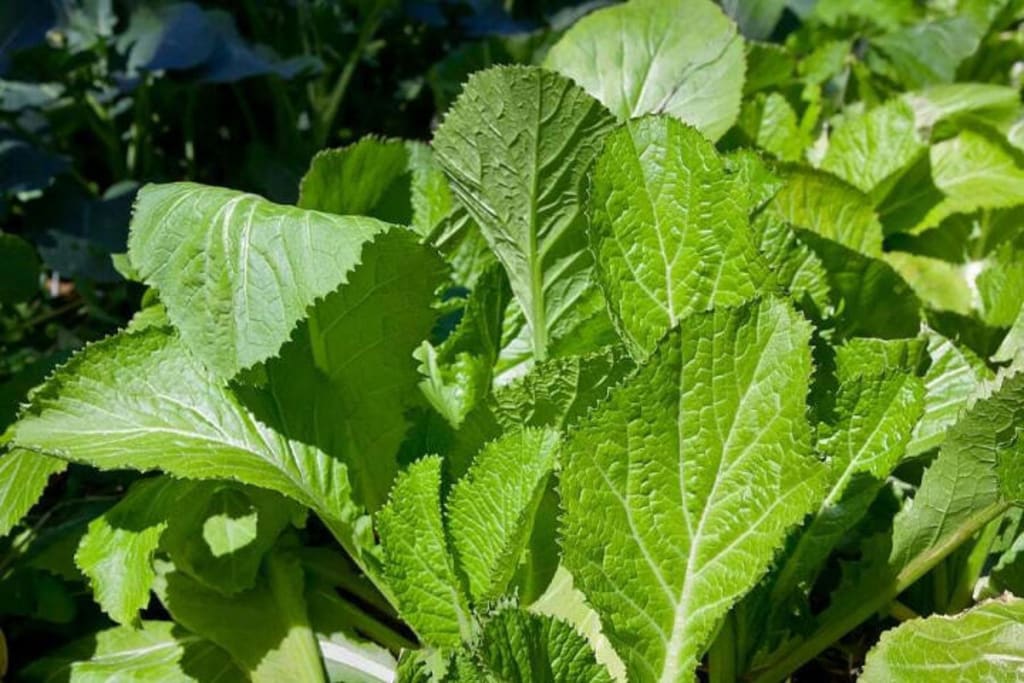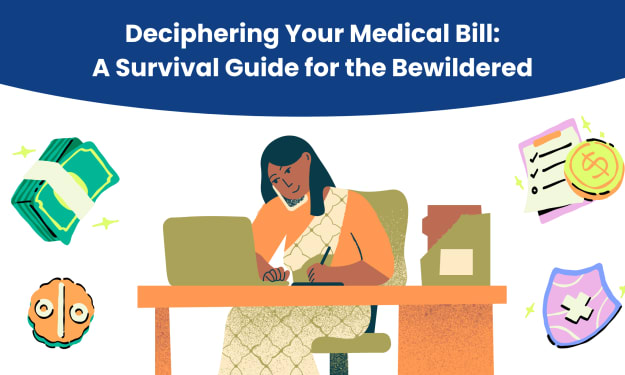The greener the vegetable
The greener the vegetable, the more poisonous it is.

Do not buy vegetables that are unusually green
According to the Vietnam Family Magazine, citing the recommendation of Prof. Dr. Tran Khac Thi, Thanh Tay Agricultural and Forestry Technology Research and Development Institute - Thanh Tay University, China, vegetables that are too green contain nitrate (NO3), which is nitrogen fertilizer. This substance is not toxic when entering the body at normal levels, but if the content exceeds the permissible standard, it is very dangerous.
Therefore, countries importing vegetables often pay attention to checking the NO3 content first. Although it does not cause acute poisoning, NO3 silently destroys the digestive system and even causes cancer.
Therefore, consumers should avoid vegetables that are unusually green because the greener the vegetable, the more toxic it is, indicating that the NO3 content is very high.
You should avoid buying vegetables that are unusually green because they are likely to be sprayed with too much nitrogen, and the greener the vegetable, the more toxic it is. (Photo: Harvest to Table)
Avoid buying unusually green vegetables because they are likely to be sprayed with too much nitrogen, and the greener the vegetable, the more toxic it is.
In addition, vegetables that are too green, especially in the off-season, are likely to have been treated with growth stimulants. Leafy vegetables such as spinach, mustard greens, or beans should be noted.
Some vegetables and fruits should not be eaten green
The following vegetables are not recommended to be eaten green because they are not good for your health, even though they are not contaminated with toxic chemicals from the environment or the farming process.
Green tomatoes
If there are green tomatoes among the tomatoes you buy, do not use them immediately but wait for them to ripen before eating. According to the Health and Life Newspaper, Dr. Nguyen Dinh Thuc, Vietnam Oriental Medicine Association, green tomatoes also contain many valuable nutrients but contain many alkaloids, which can cause poisoning if consumed in excess.
Symptoms of green tomato poisoning include fatigue, nausea, vomiting, diarrhea, gastritis, etc.
During the ripening process of tomatoes, the amount of alkaloids gradually decreases and will disappear when the fruit is red and ripe. Therefore, it is best to only eat ripe tomatoes. If you have to use green tomatoes, you should not eat too much.
Green potatoes
The green color of potato skin is a completely natural process, but it is also a warning sign of the presence of the harmful compound solanine.
According to the explanation of Dr. Ta Tung Duy (Vietnam Institute of Applied Medicine) on VnExpress, when potatoes are exposed to light, they will form chlorophyll - a pigment that gives plants their green color.
Chlorophyll allows plants to absorb sunlight to create carbohydrates, water, oxygen and carbon dioxide. With potatoes, sunlight also stimulates the production of some compounds that repel insects, bacteria, molds or animals, and these compounds are also toxic to humans, especially solanine.
Solanine can inhibit enzymes involved in the destruction of some neurotransmitters in the body, destroy cell membranes, and affect intestinal permeability. A person weighing 50kg eating 100g of potatoes containing solanine can be poisoned.
Symptoms of solanine poisoning include nausea, vomiting, diarrhea, sweating, headache, and stomach pain. Mild symptoms may go away after about 24 hours; severe cases can cause paralysis, convulsions, difficulty breathing, coma, and even death.
According to Dr. Duy, if the potato only has a few small green spots, it can be peeled off for use, but if most of the potato has turned green, it should be discarded because solanine will still exist in the potato flesh. Boiling, baking, or frying does not significantly reduce solanine levels.
About the Creator
Enjoyed the story? Support the Creator.
Subscribe for free to receive all their stories in your feed. You could also pledge your support or give them a one-off tip, letting them know you appreciate their work.






Comments
There are no comments for this story
Be the first to respond and start the conversation.